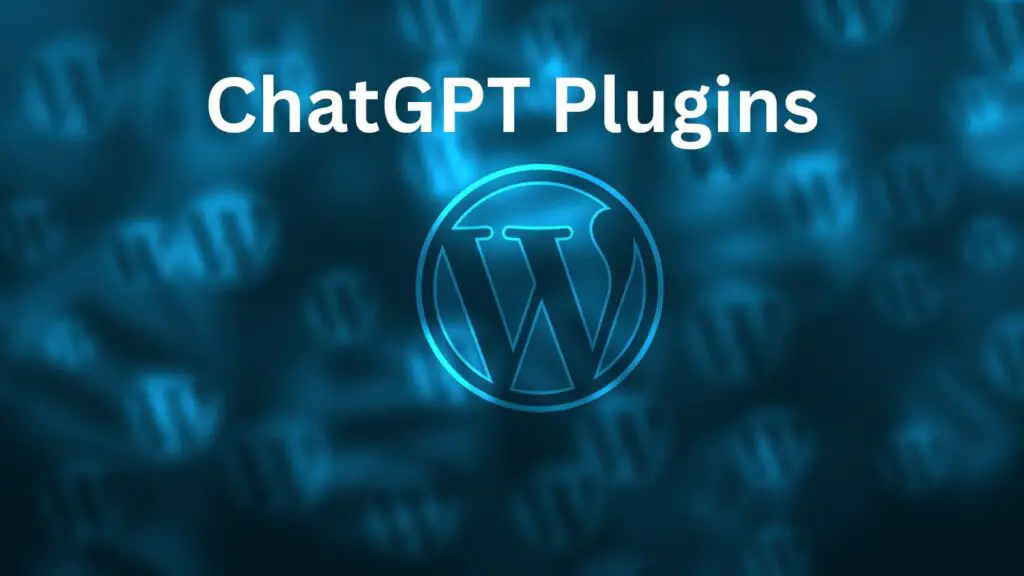How to use ChatGPT for Data Analytics? Artificial intelligence (AI) has become crucial for businesses looking to improve their data analytics capabilities in recent years. One of the most promising AI models for data analytics is ChatGPT, a large language model trained using the GPT-3.5 architecture.
ChatGPT has the ability to revolutionize the field of data analytics, providing businesses with new insights and opportunities for growth. Dig into the article to explore how ChatGPT can be used for data analytics.
Understanding Unstructured Data
One of the most significant merits of using ChatGPT for data analytics is its potential to understand and process natural language. Businesses can use ChatGPT to analyze unstructured data, like social media posts, customer feedback, and product reviews.
This type of data can be challenging to analyze using traditional analytics tools, as it often contains nuances and context that can be difficult to capture. However, with ChatGPT, businesses can gain a more in-depth understanding of their customers, needs, and preferences.
Real-Time Insights and Predictions
Another merit of using ChatGPT for data analytics is its ability to provide real-time insights. ChatGPT can be trained to check social media platforms, news feeds, and other data sources in real-time, providing businesses with up-to-the-minute information about trends, customer sentiment, and other vital metrics.
It can benefit companies operating in fast-paced industries, such as finance or retail, where decisions must be made quickly to remain competitive.
Identifying Patterns and Anomalies
ChatGPT can also identify data patterns and anomalies, which helps make predictions and inform decision-making. For example, ChatGPT can be trained to interpret customer data, like purchase history and browsing behaviour, to identify patterns that indicate which products will most likely be famous. This type of analysis can help businesses to optimize their product offerings and increase revenue.
Automating Data Analytics Processes
ChatGPT can also automate data analytics processes, reducing the time and resources required to analyze data. For example, ChatGPT can be trained to generate reports and dashboards based on data analysis, which can be automatically delivered to stakeholders. It can save businesses significant time and resources, allowing them to focus on other vital areas of their operations.
Improving Data Privacy and Security
Finally, ChatGPT helps improve data privacy and security. Using ChatGPT to analyze data, businesses can avoid sharing sensitive information with third-party analytics providers. It can help businesses to maintain control over their data, decreasing the risk of data breaches and other security incidents.
Will ChatGPT Replace Data Analysts?
Conclusion
ChatGPT has the potential to customize the field of data analytics. Its ability to understand and process natural language, provide real-time insights, and automate data analytics processes can provide businesses with new opportunities for growth and optimization.
Using ChatGPT for data analytics, companies can better understand their customers, needs and preferences, which can inform decision-making and drive success. As the technology continues to evolve, we can expect to see even more innovative applications of Chat.


